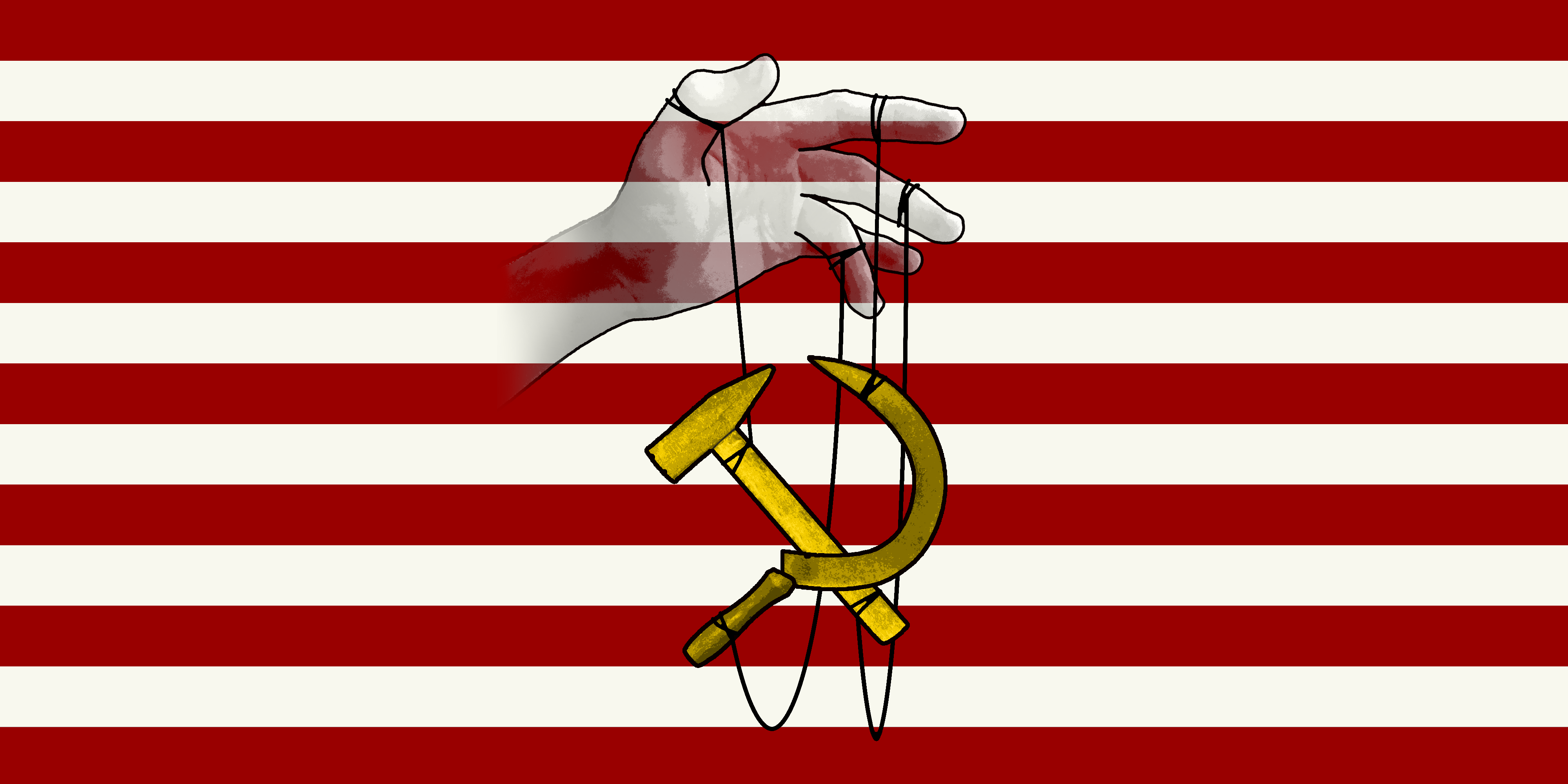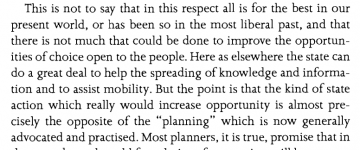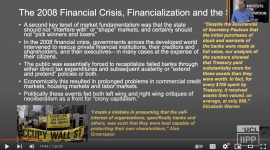And to answer your earlier question about Hayek and dictators
Neoliberalism doesn't have anything to say either way about liberal cultural values. Yes, no, doesn't matter. The only thing that matters is freeing markets to the greatest possible extent, bc that is supposed to be the ultimate good. Everything else is secondary. The only freedom that matters is the freedom to participate in the market, which Friedman phrased as "free to choose".
Those are the grounds on which Hayek defended various dictators, most notably Pinochet but also others like Salazar's Portugal. The money quote is "I prefer a liberal dictator to democratic government lacking liberalism" but he consistently defended Pinochet for many years. He wasn't against democracy, but it was less important than economic liberalism, so it was justified to overthrow a democratically elected govt and impose liberal economic policies by authoritarian means. Friedman doesn't come off well in re Chile either btw.
This article describes Hayek's thoughts on liberty and liberalism in more detail



